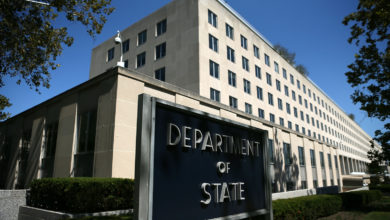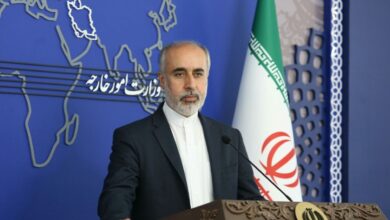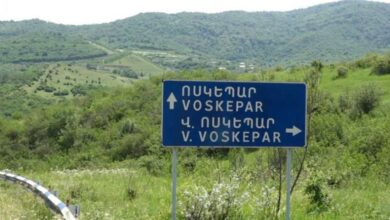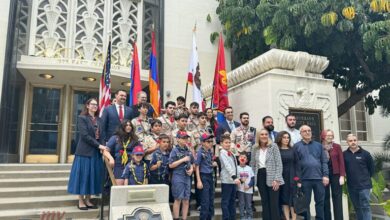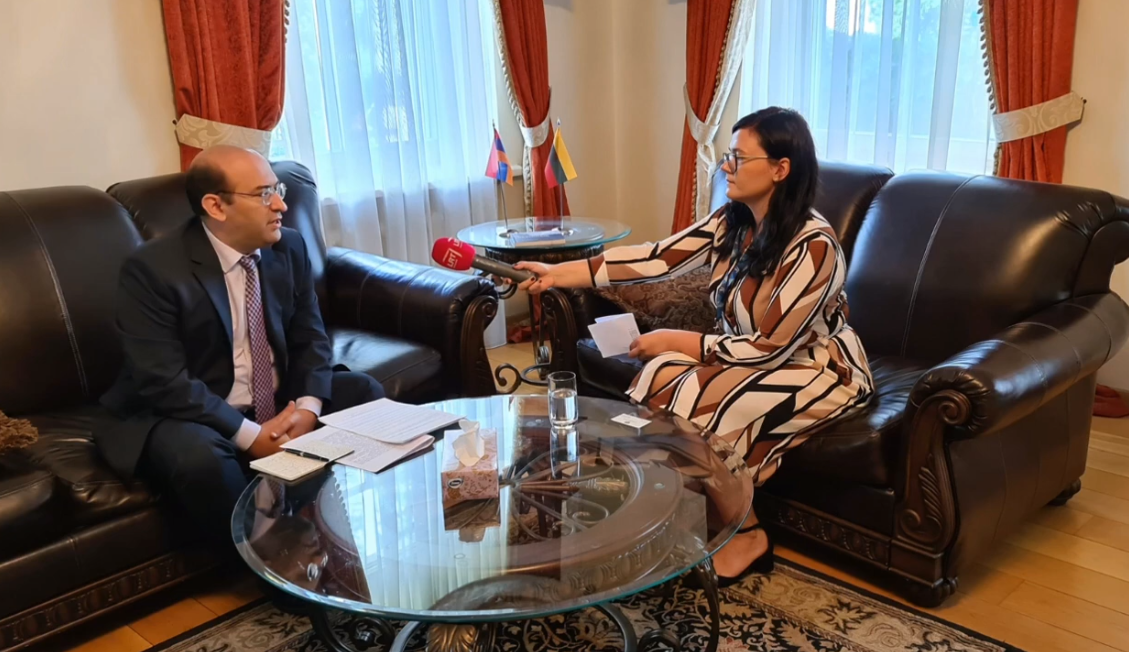
Successful negotiations can be ensured only when the sides decide to pursue the same goals, Armenia’s Ambassador to Lithuania, Latvia and Estonia Tigran Mkrtchyan said in comments to Lithuania’s Public Radio.
“In any conflict, if you want everything or nothing, you won’t have any progress in negotiations. We believe that the negotiations must be based on the solutions proposed by the OSCE Minsk Group Co-Chairs, which Armenia has welcomed, but Azerbaijan has always rejected them in this or that way. Another reason is the revenue from the oil used to buy large amounts of military equipment in Azerbaijan. This has created a misleading picture in that country that Azerbaijani leaders can resolve this conflict by military means. It’s time to understand for all, and particularly for Azerbaijan, that the conflict doesn’t have any military solution,” said Ambassador Mkrtchyan.
He also noted that the Armenian economy is suffering from Turkey’s actions: “Turkey’s role in this entire issue is very destructive since 1994. This time their rhetoric was particularly aggressive, in contrast to the rest of the international community, including Lithuania, which calls for a peaceful solution to the conflict, and respect for the ceasefire signed by Armenia, Azerbaijan, and Nagorno-Karabakh. Despite these calls, Turkey adds fuel to the fire. This poses a serious threat, given that Azerbaijan is targeting our civilian buildings and threatening to blow up a nuclear power plant in Armenia. This is an unprecedented threat that looks like nuclear terrorism.”
He stressed the importance of compliance with the ceasefire and international commitments, and stressed the need to allow international observers into both sides of the border and Nagorno-Karabakh.
“We talk about the act of aggression of Azerbaijan, but people can say, how can we know about it if there are no independent observers to confirm that? So, the question is why aren’t there such ceasefire violation monitoring mechanisms? The Co-Chairs of the OSCE Minsk Group have repeatedly proposed it since 2015. Armenia supported that. After the conflict, in April 2016 the proposal was repeated. Armenia has always supported this, but Azerbaijan has been rejecting it up until now,” the Ambassador noted.


